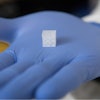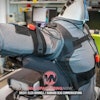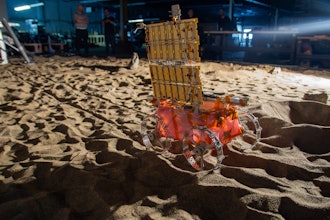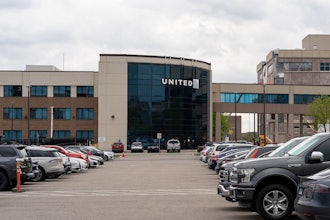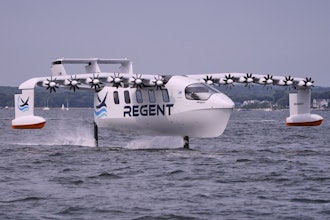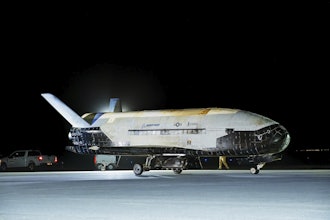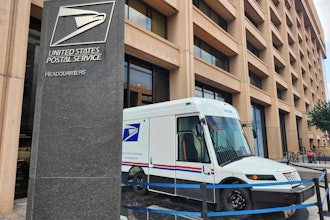It appears that Tesla is catching up on some unresolved business relating to alleged trade secret infringement, as evidenced by a lawsuit the company filed last week against four former employees who all left the electric carmaker to work for the up-and-coming driverless startup Zoox.
Zoox intends to “solve the unique challenges of autonomous mobility” and to do it quickly. The maker of a “symmetrical, bidirectional, zero-emissions vehicle” hopes to have road-ready deployments by year 2020.
But this latest development will surely cause some hiccups as Zoox, who was also named in the suit, when they are forced to defend against the claims of Tesla who happens to have some pretty credible proof.
Tesla says that these former employees all worked in capacities relating to production distribution and warehousing. The suit alleges they stole proprietary information relating to inventory procedures and even full schematics of Tesla warehouse layouts.
They were sending the information to their personal email accounts, or to one another, while still employed at Tesla, though one of the smoking guns reflects a particularly boneheaded gaffe: former employee Craig Emigh, named in the suit, slapped a Zoox logo on a proprietarty Tesla document and sent it to one of his ex-Tesla colleagues at Zoox. But he sent it to their old Tesla email address.
Despite this blooper, a report produced by Wired has stressed that trade secret cases are often quite complex. Though the law won’t require Tesla to prove that Zoox knew about the infringement – apparently the company is responsible for the actions of its employees either way – but it does require a pretty heavy burden of proof in other areas. To prove that information was a certifiable trade secret – and not just sensitive info – Tesla would have to convince a court that not only was did it try really hard to keep the info confidential, but also that Zoox couldn’t have just figured out some of this stuff on their own through reverse engineering. Not to mention, Tesla has to prove that Zoox benefited in a significant way – through major cost or time savings.
So despite this email blunder, it remains to be seen how this case will resolve. Zoox declined to comment for the Wired report, and has 21 days to respond to Tesla.
